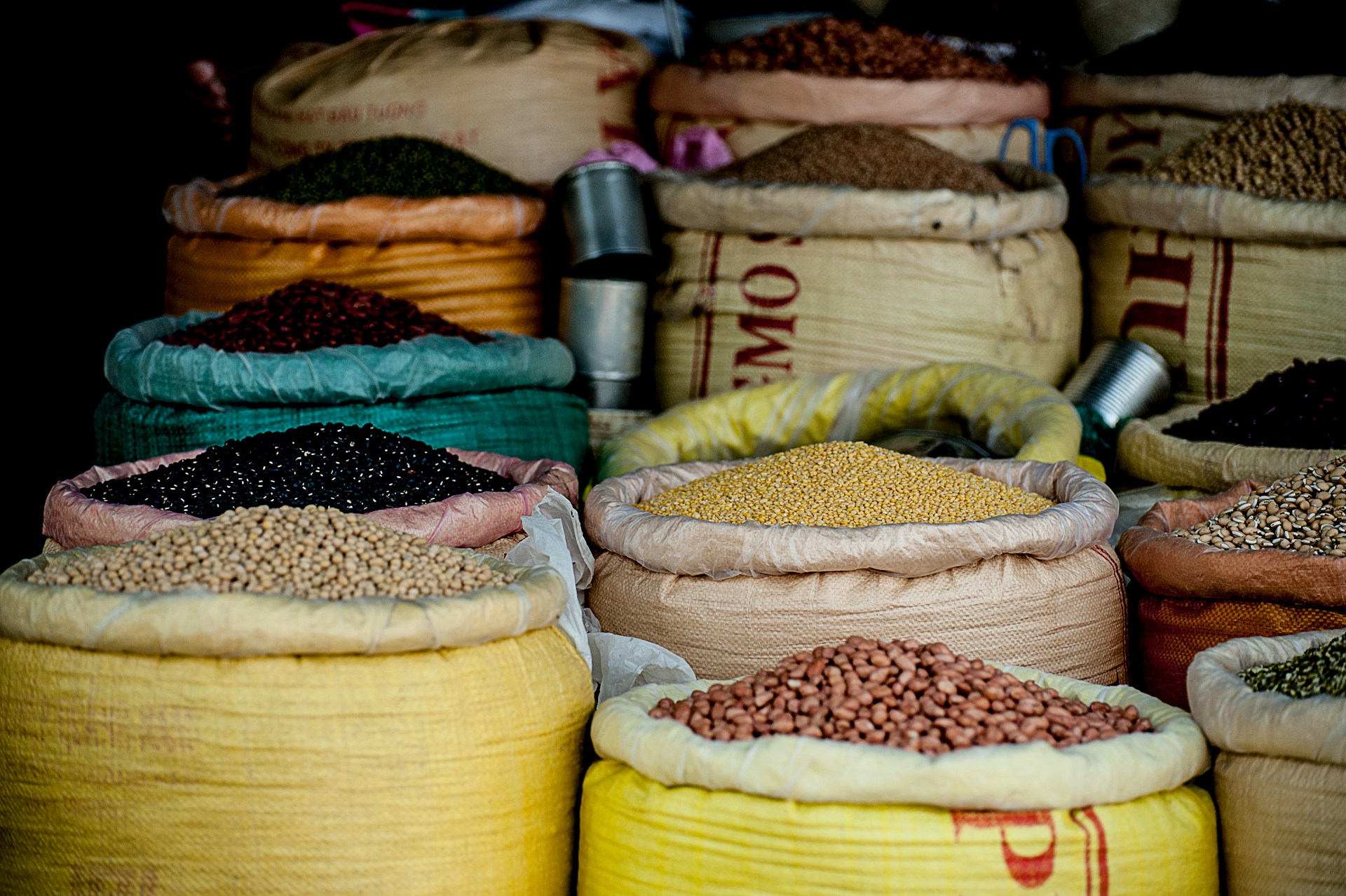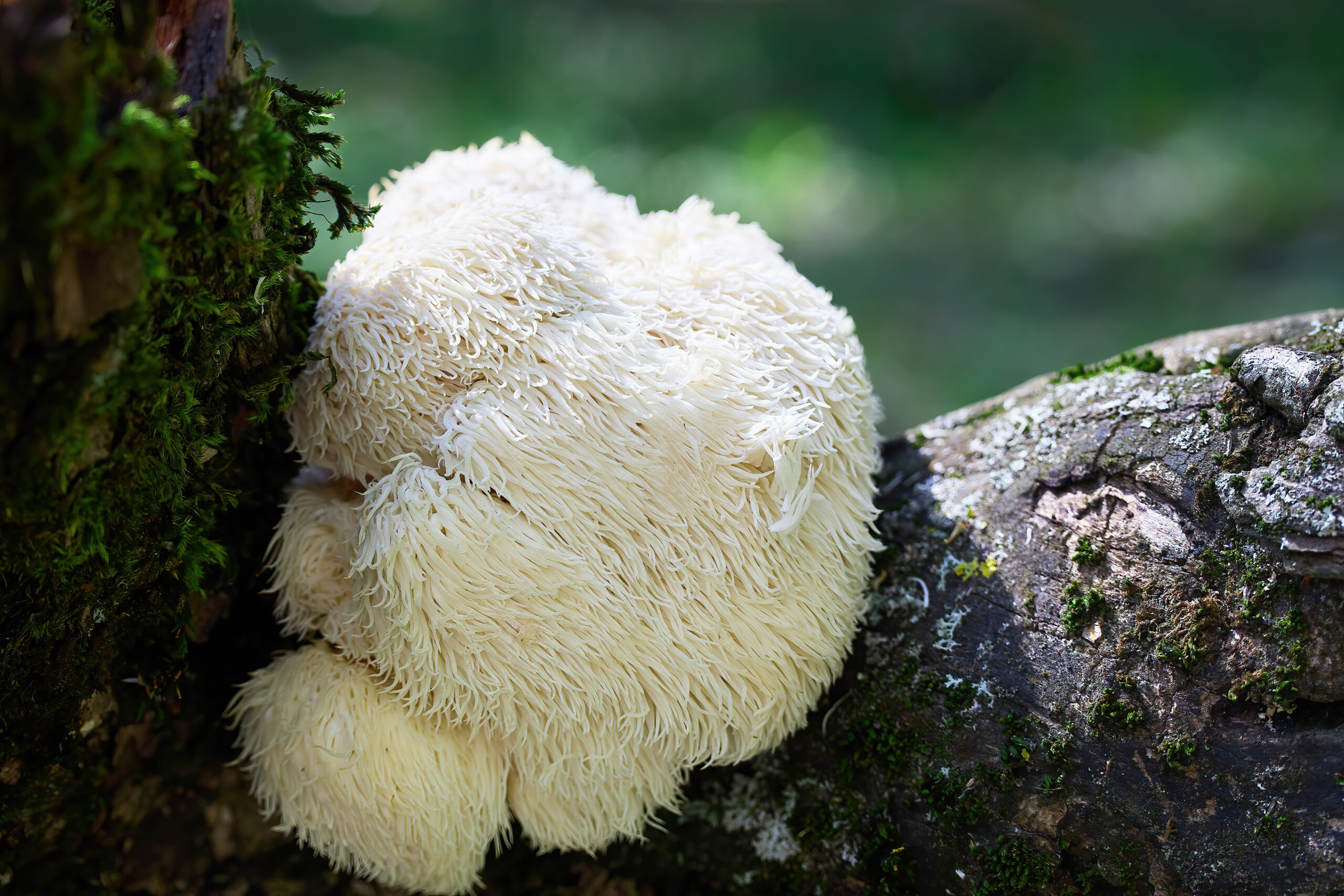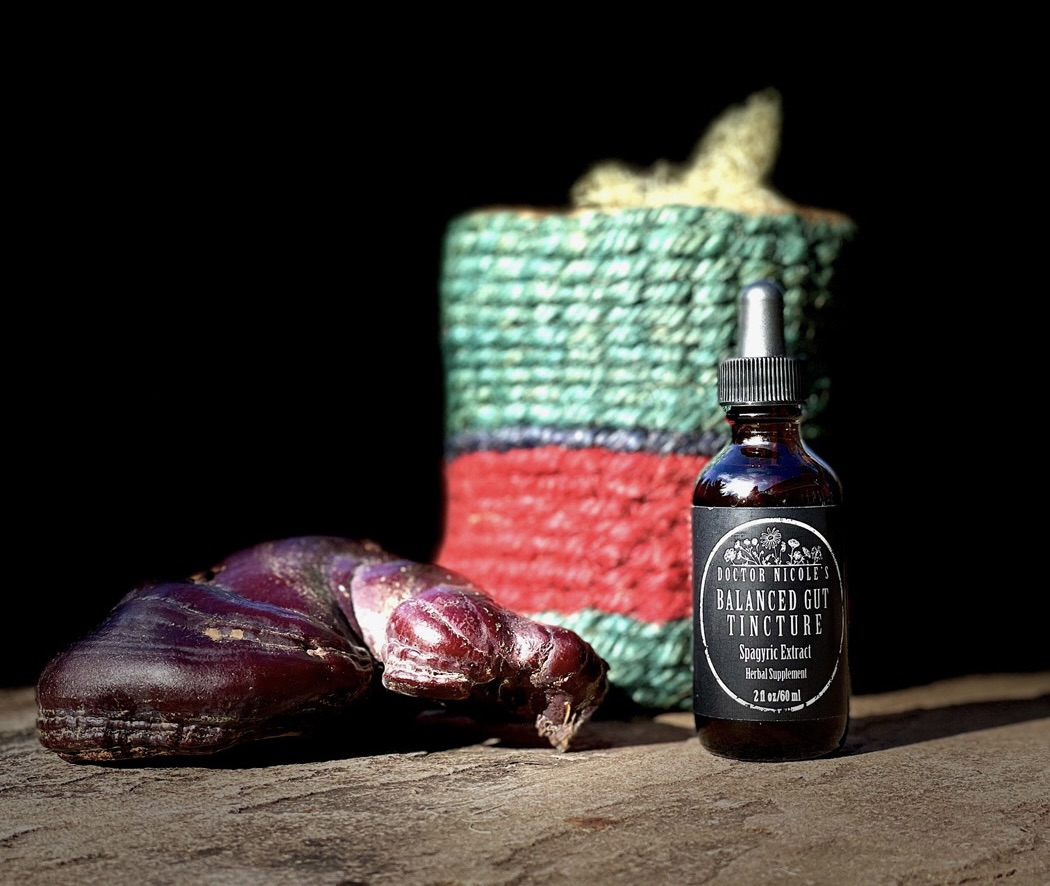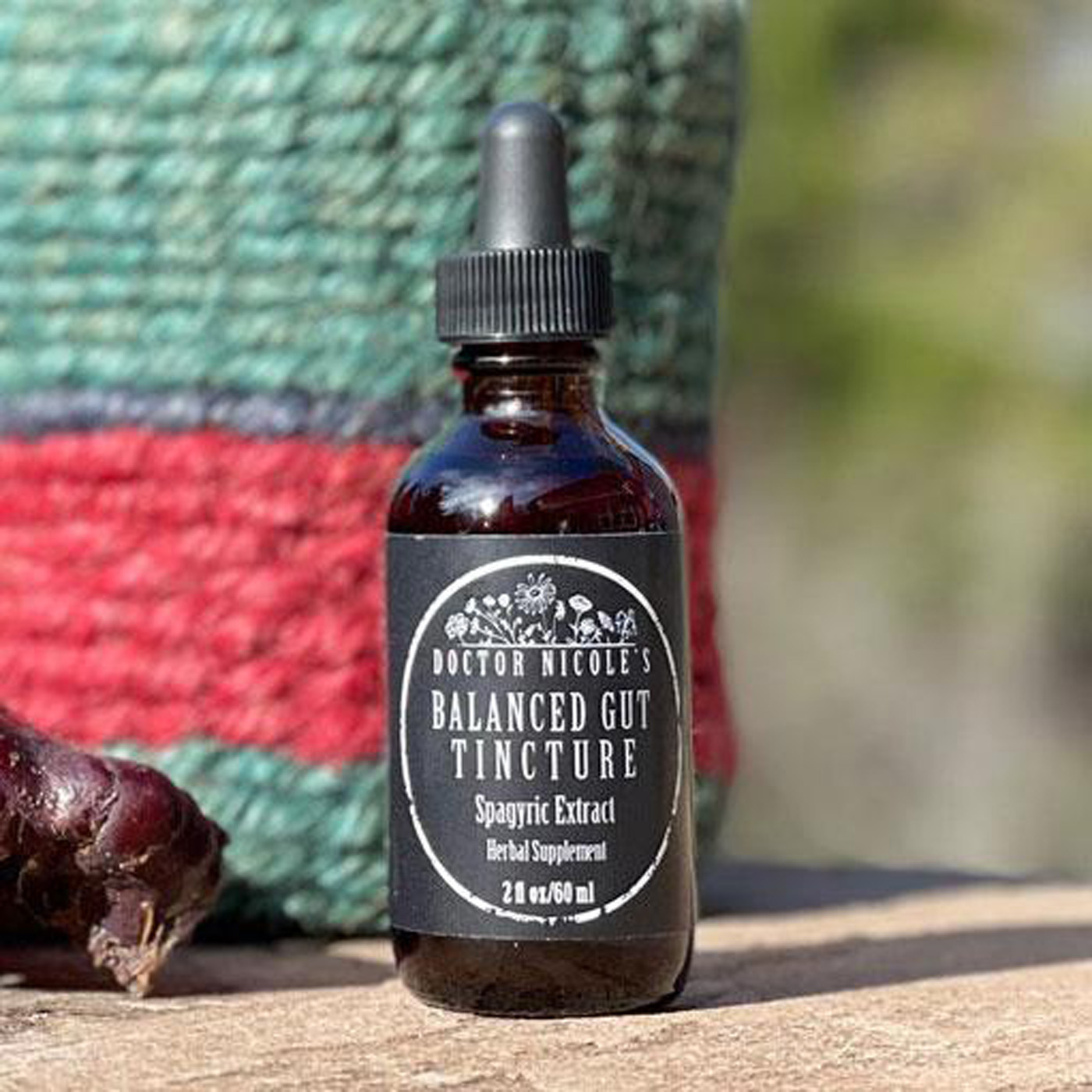Organic Foods at Risk for Chemical Contamination
I’ve written extensively about healing the gut and promoting a robust microbiome over the years because they are the foundation of health. So it may come as a surprise to learn that some gluten-free diets can wreak havoc on both — and the culprit is glyphosate, a chemical used in Round-Up Ready herbicide. According to a recent analysis of popular gluten-free products, even if you eat an organic diet, you may be at risk of exposure.
Are GMO-Free Foods Safe?
Most people think that consuming a largely GMO-free diet protects them against ingesting glyphosate and can sidestep the chemical’s health risks. But as I wrote in “How Gluten-Free and Plant-Based Diets Can Lead to Poor Gut Health,” this isn’t necessarily the case.
“Over the years, researchers have found this popular herbicide is not without risks as it can lead to antibiotic resistance, disruption of the estrogen pathway, impaired neurological function, and some forms of cancer.1 It also increases the production of pro-inflammatory cytokines in animal models and has been linked to the development of celiac disease and microbiome dysbiosis.2,3,4 These findings are alarming as the use of glyphosate has significantly increased over the last decade, particularly with the farming practice of desiccation [even with non-GMO crops].”
Why? Desiccation is the process of drying out crops so they can be harvested earlier, increase yield, and suppress weeds. However, this method results in much higher concentrations of toxic residue than typical applications in the spring or early summer. You can read more about which GMO and non-GMO crops have the highest level of glyphosate here.
Now, a recent analysis has found even organic food products can be contaminated with the chemical.

Organic Products and Glyphosate
“The glyphosate contamination in these products should set off alarm bells, because those who try to improve gut health by switching to a gluten-free diet may be jumping from the frying pan into the fire,” – MIT research scientist Stephanie Seneff, author of Toxic Legacy.8
According to a press release by EINPresswire this past June, a new report on products tested by the nonprofit Moms Across America found alarming levels of glyphosate in 46 samples of organic and non-organic gluten-free foods. The investigation included well-known brands of gluten-free bread, pasta, crackers, snacks, flour, dessert mixes, and chips.5,6,7 For the full analysis and product brands, please see the reference section of this post.
This is concerning because celiac disease and gluten intolerance are a growing problem worldwide and an estimated 5% of the population now suffers from it according to research published in the journal Interdisciplinary Toxicology.8 The team believes the increasing use of glyphosate on crops as a desiccant and herbicide is contributing to the spike in celiac disease and gluten intolerance:
“Deficiencies in iron, cobalt, molybdenum, copper and other rare metals associated with celiac disease can be attributed to glyphosate’s strong ability to chelate these elements. Deficiencies in tryptophan, tyrosine, methionine and selenomethionine associated with celiac disease match glyphosate’s known depletion of these amino acids. Celiac disease patients have an increased risk of non-Hodgkin’s lymphoma, which has also been implicated in glyphosate exposure. Reproductive issues associated with celiac disease, such as infertility, miscarriages, and birth defects, can also be explained by glyphosate. Glyphosate residues in wheat and other crops are likely increasing recently due to the growing practice of crop desiccation just prior to the harvest. We argue that the practice of “ripening” sugar cane with glyphosate may explain the recent surge in kidney failure among agricultural workers in Central America.”
The conclusions drawn by the study are sobering — particularly if glyphosate is indeed the root cause of the increasing rate of both conditions since the very products they are consuming could be exacerbating the disease.
Beyond opting for an organic, whole-foods diet; avoiding processed foods; and consuming plenty of collagen and bone broth, utilizing herbal remedies that protect and heal the gut are more important now than ever.
Healing the Gut: My Top Herbal Blend
Our Balanced Gut Blend features anti-inflammatory and calming herbs that support intestinal repair and promote optimal gut function, including wild-harvested or organically grown reishi, turkey tail, and lion’s mane dual-extracted, fruiting body medicinal mushrooms, along with
plantain, slippery elm, and marshmallow. Here are the benefits of each:
REISHI MUSHROOM
- Helps leaky gut through anti-inflammatory action
- High in beneficial beta-glucans, glycoproteins, and triterpenes to support gut health
TURKEY TAIL MUSHROOM
- Calms inflammation
- Excellent source of prebiotics for encouraging a healthy microbiome by controlling the overgrowth of candida, while also feeding the “good” bacteria in the gut
LION’S MANE MUSHROOM
- High in antioxidants that help cool the gut’s inflammatory response
PLANTAIN
- Anti-inflammatory
- Soothes mucous membranes
SLIPPERY ELM AND MARSHMALLOW ROOT
- Forms a protective layer that helps the gut to regenerate
GRATEFUL
“This morning as I took my daily drops from your apothecary I became acutely aware of how grateful I am to have these products. They have helped me feel so much better and have improved my physical functioning. So Thank You Nicole.” – Holly H.
Whether you are struggling with celiac disease, gluten intolerance, or another gut-related issue, I formulated this blend with botanicals that specifically help heal and protect the gut, while also encouraging a healthy microbiome. Visit the apothecary today and discover the difference our all-natural products can make!
Nicole Apelian
Nicole’s Apothecary Products in this Post
References
- “New report alleges ‘mass contamination’ of foods from use of glyphosate to dry crops” Elaine Watson, FoodNavigator USA, February 22, 2022. https://www.foodnavigator-usa.com/Article/2022/02/22/New-report-alleges-mass-contamination-of-foods-from-use-of-glyphosate-to-dry-crops
- Van Bruggen, A. H. C., He, M. M., Shin, K., Mai, V., Jeong, K. C., Finckh, M. R., & Morris, J. G., Jr (2018). Environmental and health effects of the herbicide glyphosate. The Science of the total environment, 616-617, 255–268. https://doi.org/10.1016/j.scitotenv.2017.10.309
- Peillex, C., & Pelletier, M. (2020). The impact and toxicity of glyphosate and glyphosate-based herbicides on health and immunity. Journal of immunotoxicology, 17(1), 163–174. https://doi.org/10.1080/1547691X.2020.1804492
- Samsel, A., & Seneff, S. (2013). Glyphosate, pathways to modern diseases II: Celiac sprue and gluten intolerance. Interdisciplinary toxicology, 6(4), 159–184. https://doi.org/10.2478/intox-2013-0026
- Pesticide Residue Concentration Results https://docs.google.com/spreadsheets/d/12KdzzZazScuVCsJY9D6c2W2LfeqRF3AQY-AS5fgEhkg/edit?gid=1740790752#gid=1740790752
- Health Research Institute Certificate of Analysis for Glyphosate: https://assets.nationbuilder.com/yesmaam/pages/9425/attachments/original/1720554530/Glyphosate_and_AMPA_COA-062624.pdf?1720554530
- “Toxic Levels of Glyphosate, Pesticides, Low Mineral Content, and Even Gluten Found in Gluten-Free Products” EIN Presswire | Newsmatics. https://www.wkrn.com/business/press-releases/ein-presswire/718779390/toxic-levels-of-glyphosate-pesticides-low-mineral-content-and-even-gluten-found-in-gluten-free-products/
- Samsel, A., & Seneff, S. (2013). Glyphosate, pathways to modern diseases II: Celiac sprue and gluten intolerance. Interdisciplinary toxicology, 6(4), 159–184. https://doi.org/10.2478/intox-2013-0026







